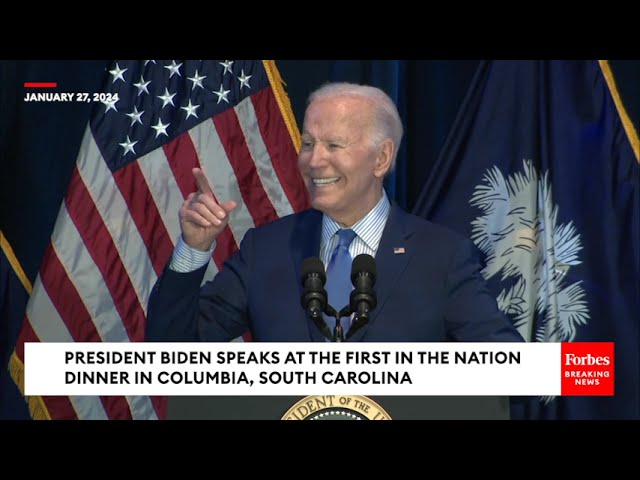The recent bipartisan push to ban TikTok—or mandate the sale of its Chinese-owned parent company, ByteDance, as a condition to remain in the United States—presents us with a timely and critical question of national sovereignty and security. There seems to be a repetition of history unfolding as both wings of our political establishment rush to consolidate more power under the guise of protecting American citizens from perceived foreign threats.
We have witnessed how the narrative of national security has often been misused to justify egregious power grabs that, in the long run, undermine the very freedom and privacy they are supposed to protect. Every American should approach such an overwhelming consensus with heightened skepticism and a stringent demand for transparency and evidence.
As a staunch conservative Republican and supporter of former President Donald Trump, I recognize the imperative to protect our nations cybersecurity and data privacy. Theres no denying that TikTok, as a platform, has the potential to be used in ways that can compromise the personal data of millions of Americans and could serve as a tool for foreign influence or espionage. These are not trivial concerns when considering the vast and intricate web of digital surveillance that authoritarian states like China have woven.
However, we must consider whether the proposed solution—banning TikTok or forcing a sale—adequately addresses the threat without infringing upon free enterprise and the rights of American consumers. We must also question whether this move is genuinely about security or whether it presents an opportunity for further governmental overreach. Our approach should be precise, measured, and crafted to target the problem without trampling on the principles upon which our great nation was founded.
The fact that this issue was raised over a year ago and is only now being revisited with such urgency gives weight to the notion that there might be more at play than meets the eye. This resurrected urgency merits careful analysis, given that our governments past measures supposedly aimed at protection have sometimes led to the erosion of individual freedoms.
Full accountability and strict safeguards should be the minimum requirement in this debate. Where necessary, actions to protect national security should be taken, but not without thorough scrutiny. The government owes the populace clear, factual explanations for their decisions, especially when these actions potentially infringe upon freedoms and privacy. A transparent discussion must address not only the immediate concerns but also the long-term implications for civil liberties.
In conclusion, while national security is indeed paramount, we must never allow the shadow of potential threats to catalyze hasty and overreaching government action. We, as Americans, must remain vigilant, ensuring that our rights are not sacrificed on the altar of supposed security—especially when bipartisan measures arise with the promise of protection. It is at these times when our skepticism should peak and our voices demand the accountability and restraint that is the hallmark of a truly free and secure society.

